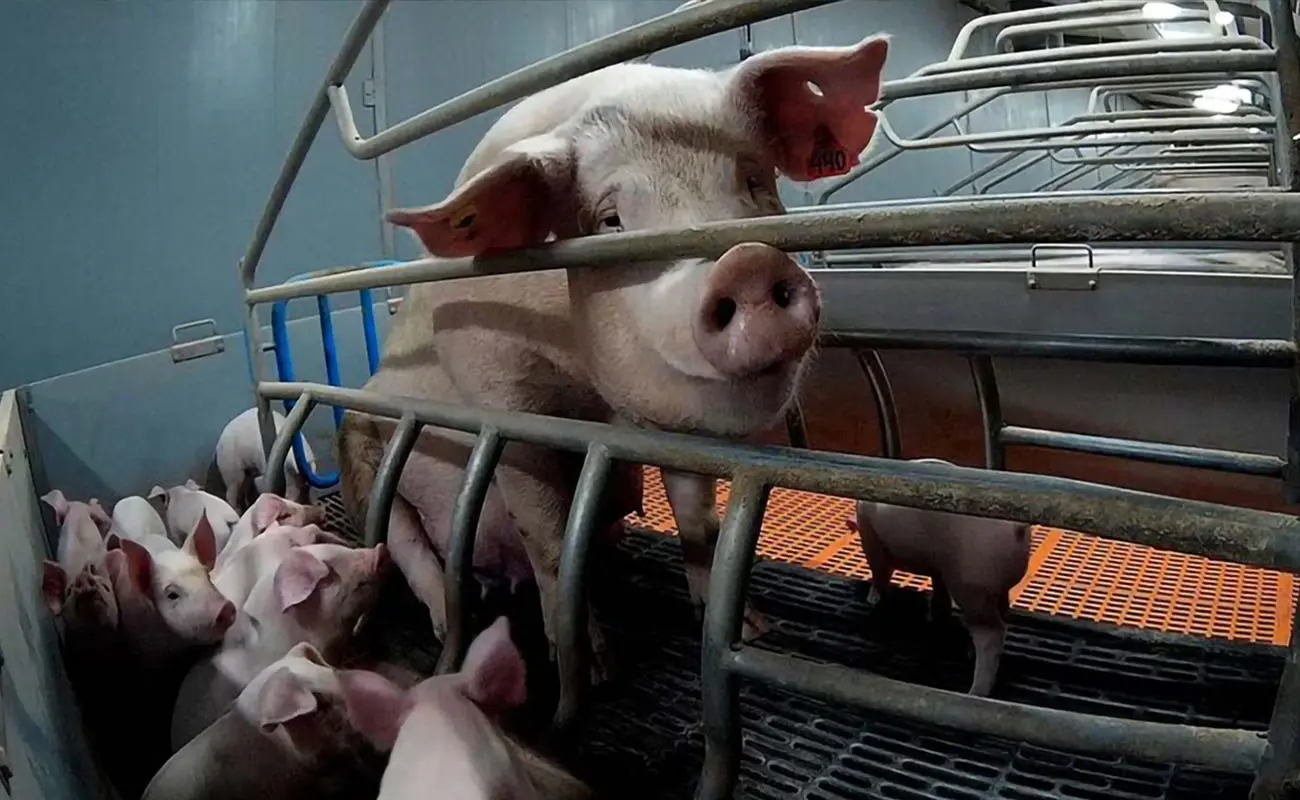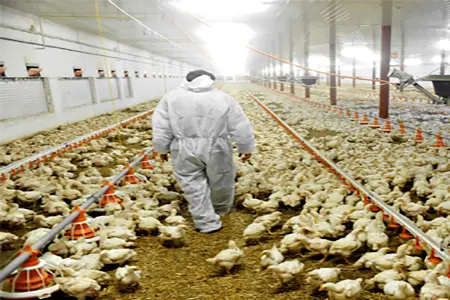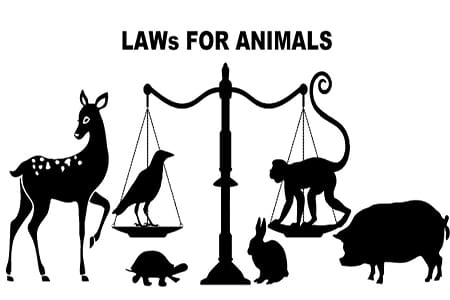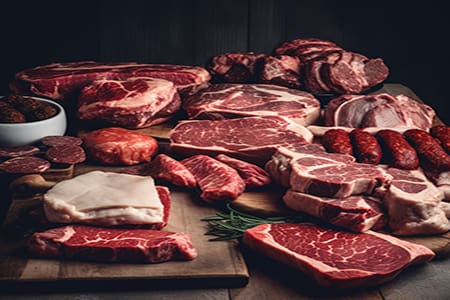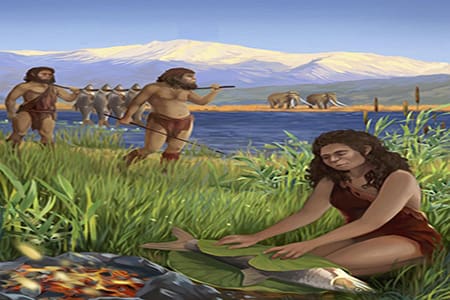Advocacy is about raising voices and taking action to protect animals, promote justice, and create positive change in our world. This section explores how individuals and groups come together to challenge unfair practices, influence policies, and inspire communities to rethink their relationship with animals and the environment. It highlights the power of collective effort in turning awareness into real-world impact.
Here, you’ll find insights into effective advocacy techniques like organizing campaigns, working with policymakers, using media platforms, and building alliances. The focus is on practical, ethical approaches that respect diverse perspectives while pushing for stronger protections and systemic reforms. It also discusses how advocates overcome obstacles and stay motivated through persistence and solidarity.
Advocacy isn’t just about speaking out—it’s about inspiring others, shaping decisions, and creating lasting change that benefits all living beings. Advocacy is framed not only as a response to injustice but as a proactive pathway toward a more compassionate, equitable, and sustainable future—one where the rights and dignity of all beings are respected and upheld.
Factory farming, the backbone of industrial agriculture, dominates global food production with promises of efficiency and affordability. Yet beneath the surface lies a harrowing truth: animals raised for meat, dairy, and eggs endure relentless cruelty in overcrowded, unsanitary conditions that prioritize profit over welfare. From confinement in cages barely larger than their bodies to untreated injuries and psychological torment, this system perpetuates suffering on an unimaginable scale—all hidden behind glossy packaging and low prices. In this article, we expose the dark realities of factory farms while highlighting their ethical, environmental, and health consequences. It’s time to confront these truths and advocate for a humane food system that values compassion over convenience


